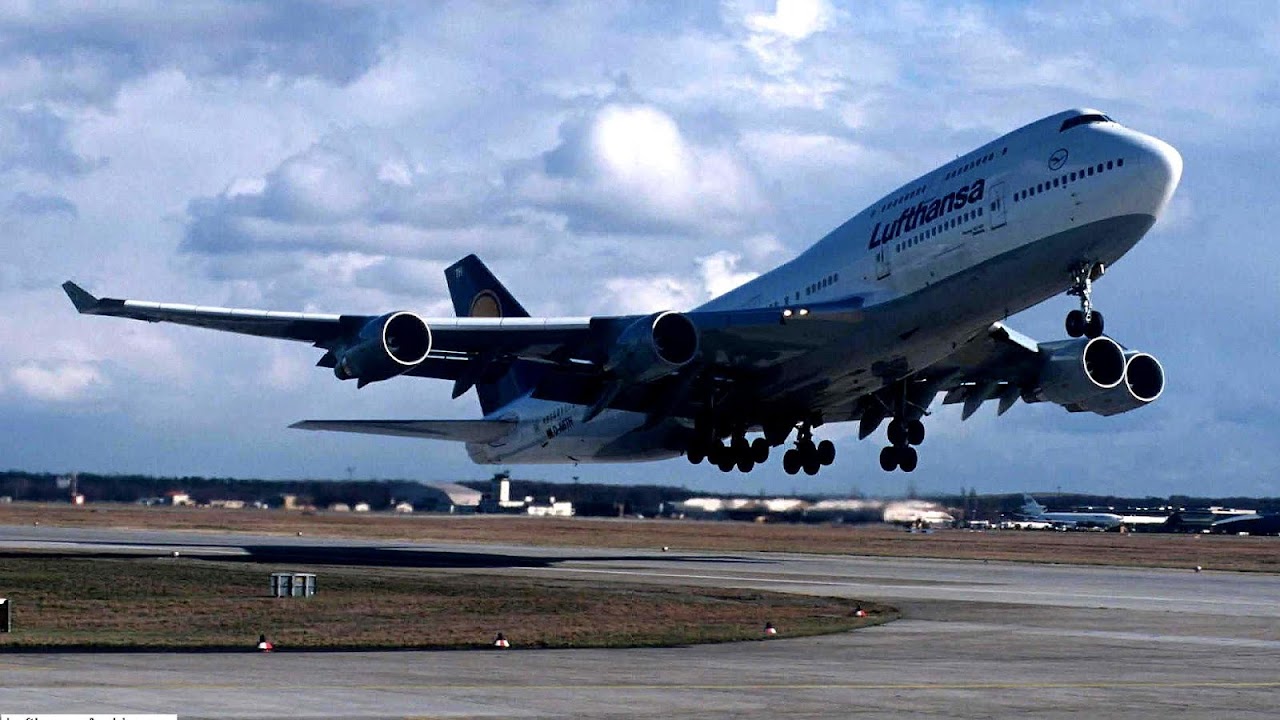
Ministro Pistarini International Airport (Spanish: Aeropuerto Internacional Ministro Pistarini) (IATA: EZE, ICAO: SAEZ), known as Ezeiza International Airport owing to its location in the Ezeiza Partido in Greater Buenos Aires, is an international airport 22 kilometres (14 mi) south-southwest of the Autonomous City of Buenos Aires, the capital city of Argentina. It is the country's largest international airport by number of passengers handled--85% of international traffic--and is a hub for international flights of Aerolíneas Argentinas and LATAM Argentina. Aerolineas Argentinas and its subsidiary Austral Lineas Aereas do operate limited domestic or cabotaje air service from Pistarini Airport as well. Covering 3,475 hectares (13.42 sq mi; 8,590 acres), the airport serves Buenos Aires and its metropolitan area. It has been operated by Aeropuertos Argentina 2000 S.A. since 1998.
Ministro Pistarini Airport was voted "2007 best airport in the region" following a survey carried out by Skytrax. It dropped to third place in 2010, behind Comodoro Arturo Merino Benítez International Airport and Jorge Chávez International Airport.

Maps, Directions, and Place Reviews
History
The airport was named after the general and politician Juan Pistarini (1882-1956). He, as Minister of Public Works, placed the cornerstone of the project on 22 December 1945. It was designed and erected by Argentine technicians, Its construction was one of the major projects in the five-year plan of the first presidency of Juan Perón. When it opened, it was the third-largest airport in the world.
The first civil flight from the then new London Heathrow Airport, a BSAA Avro Lancastrian, flew to Ministro Pistarini International Airport in 1946. A 1949 diagram shows three runways crossing at 60-degree angles: 9,353 ft runway 10/28, 7,220 ft 4/22 and 6,892 ft 16/34. In 1997, RWY 05/23 was closed and it is now used for parking large aircraft (such as the Airbus A340 or Boeing 747).
The Ezeiza massacre took place near the airport in 1973.
Buenos Aires Airport Video
Access
The airport is about 22 km from Buenos Aires city. Road access is by the Riccheri Highway. There is no direct rail link between the airport and the city; while there is a railway station in the nearby town of Ezeiza, with local buses connecting the town to the airport, this is not a usual route. Travel between the airport and anywhere in the Buenos Aires region can be undertaken by city taxi, or limousine (remise in Spanish), and there are airport shuttle buses operating a non-stop service between the airport and certain locations in central Buenos Aires. Public transport buses to various destinations are also available.

Operations
Since December 2012, citizens from countries requiring an entry visa for Argentine nationals - including Australia, Canada, and the United States - are charged a "reciprocity fee" to enter Argentina, equivalent to the price the countries charge Argentine citizens for a visa. Until December 2012 (2012-12) the tax was collected, in Argentine pesos or US dollars, at the airport; since then, the tax must be paid in advance online from the country of origin.
In October 2012 Ezeiza Airport recorded the highest annual traffic growth of all the airports operated by Aeropuertos Argentina 2000. For this month, the airport handled 767,824 passengers, a 10.9% increase compared to the previous October; the volume of international and domestic traffic for October 2012 increased 8.7% and 108.3%, respectively, year-on-year. Overall, 2012 traffic figures for the airport indicated a 7.3% increase over the previous year. Figures for July 2013 showed that the airport handled 688,397 passengers, an 8.9% decrease over the previous year.

Airlines and destinations
Terminal C was inaugurated in July 2011; as of December 2011, its facilities were in use by Aerolíneas Argentinas, Air France, and Alitalia for their operations. More SkyTeam members were expected to move their operations to the terminal. In March 2013 terminal B, with an area of 28,795 square metres (309,950 sq ft), was inaugurated, for use by Aerolíneas Argentinas and KLM.
Qantas withdrew its service to the airport in favour of Santiago de Chile in March 2012; flights to Ezeiza Airport had begun in November 2008. This followed Malaysia Airlines' termination of its Boeing 747-served Kuala Lumpur-Cape Town-Buenos Aires route in early 2012 to cut costs. South African Airways discontinued its Johannesburg-Buenos Aires service in March 2014.
In June 2010 (2010-06), Qatar Airways launched direct flights between the airport and Doha. After a ten-year gap, KLM resumed operations at the airport in October 2011. Emirates launched services to the airport in January 2012 (2012-01), and Turkish Airlines extended its Istanbul-São Paulo service to end at Ezeiza in December the same year. Air New Zealand started non-stop flights between the airport and Auckland in December 2015.
Passenger
Cargo

Statistics

Accidents and incidents
As of August 2011, Aviation Safety Network records 30 accidents/incidents for aircraft that departed from the airport or had it as a destination. The list below provides a summary of only fatal events that took place at or in the vicinity of the airport.
Accidents involving fatalities
- 23 October 1996: Fuerza Aérea Argentina Flight 5025, a Boeing 707-320C, registration LV-LGP, was operating a cargo service when it struck the ground short of the runway on final approach to Ezeiza inbound from Arturo Merino Benítez International Airport, broke up, and burst into flames. Two occupants of the aircraft lost their lives.
- 26 October 2003: CATA Línea Aérea Flight 760, a Fairchild FH-227B, tail number LV-MGV, was operating a nonscheduled Ezeiza-Camba Puntá Airport freighter service when it encountered technical difficulties shortly after takeoff from Ezeiza Airport. The aircraft attempted a belly landing on a nearby golf course. The aircraft skidded some 200 m before hitting a tree and bursting into flames. All five occupants of the aircraft perished in the accident.
Source of the article : Wikipedia


EmoticonEmoticon